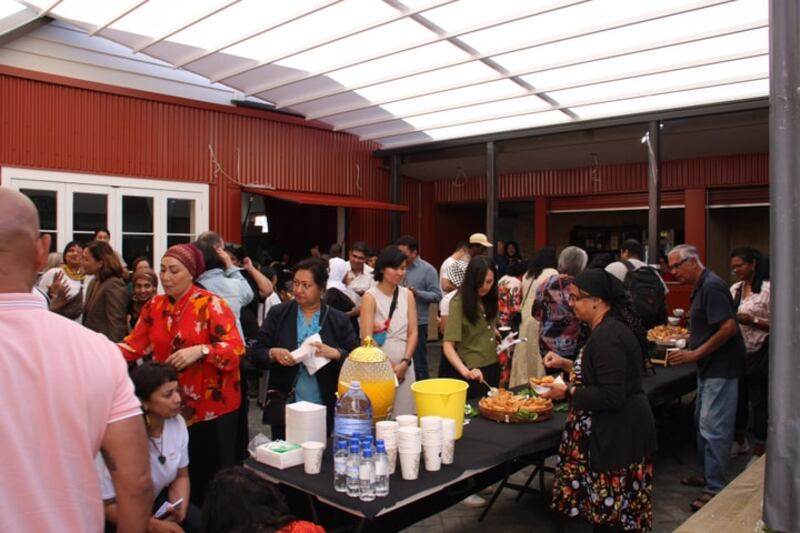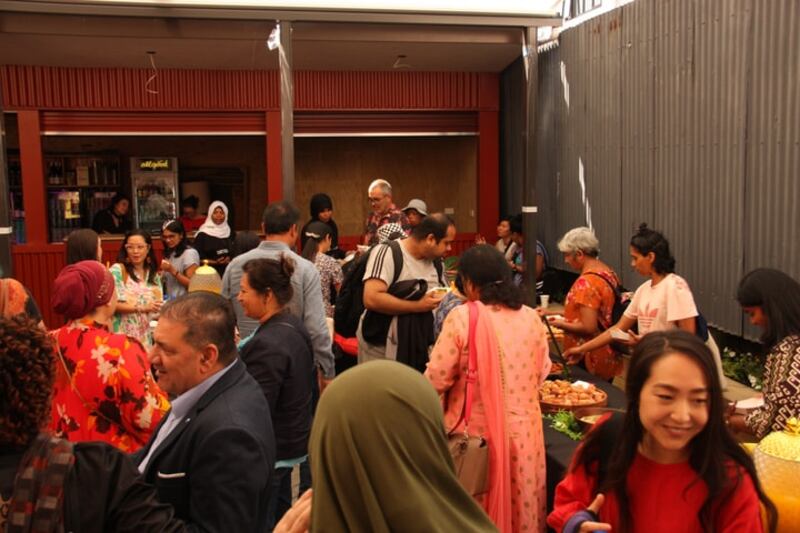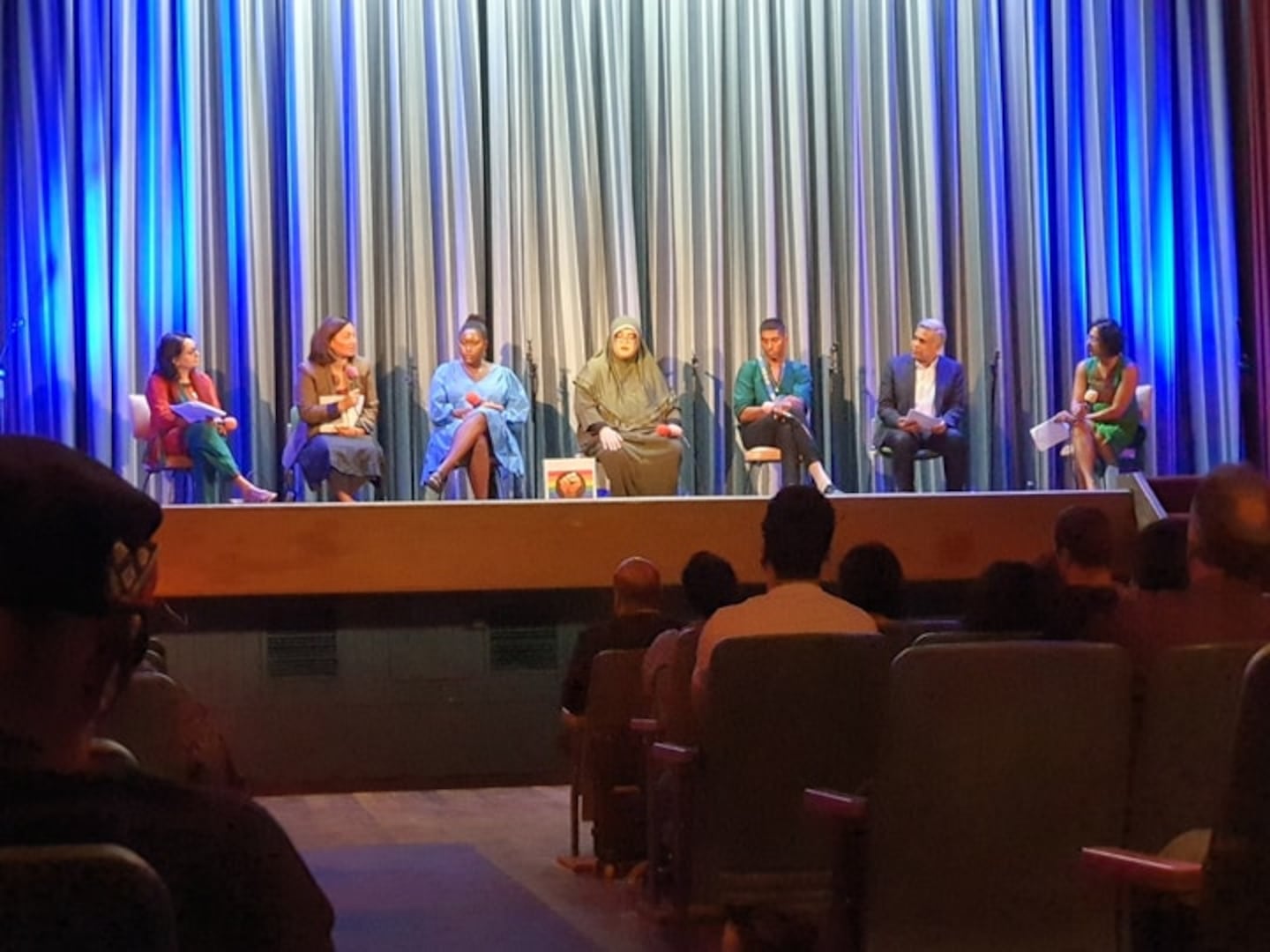Manawaka Ao is calling on their South Asian diaspora to come together to figure out how to support Tino Rangatiratanga in Aotearoa.
Manawaka Ao is a community of women of colour who call Aotearoa home.
They plan to hold a hui to talk about what actions they can take to stop any potential change of the Treaty of Waitangi for tangata whenua.
Founder Ara Alam-Simmons, from Bangladesh and England, feels her community is connected to Māori having also gone through the effects of colonisation.
“We’re also treated by the dominant system and that’s something that we would like to surface conversations and thoughts around.
Then consider what an every day action looks like for us when we want to support Māori, tino rangatiratanga for tangata whenua to be able to self-determine themselves and the landscape and how we might fit into that.”

According to Environmental Health Intelligence New Zealand, the South Asian community in Aotearoa makes up over 300,000 of the population.
In 1952 students broke a curfew and led a march trying to make the official language of East Pakistan Bangla. Several were killed by police. That triggered a fight to keep the local language and ultimately led to the country’s independence from Pakistan as Bangladesh in 1971.
Alam-Simmons believes that connection is why they need to have a representative in spaces like Parliament.
“We’re often having Pākehā negotiate many of our relationships with Māori and it’s really important for our South Asian diaspora. It’s really important for us to forge and make connections with Māori ourselves.
“We don’t need that middle individual and that’s one of the messages we hope to hopefully share through kōrero.”
Last year Manawaka Ao saw many women from African, Samoan, to Latin American backgrounds as well as others attend wānanga and have a kai.
It invited Green Party co-leader Marama Davidson and a panel of speakers and it ended with the historical movie Whina.
Alam-Simmons, whose parents are from Bangladesh but who was born in England, says the upcoming hui is important to establish how they as indigenous women live in this country.
“I am tauiwi of colour in Aotearoa. I’m working towards tangata Tiriti of colour and in terms of that role there are rights and responsibilities attached to that.
The way I consider my role is the relationality aspects and being able to connect and understand each other’s stories and histories of this land.”

The next Manawaka Ao hui will take place on February 25 in Avondale Auckland where the movie Muru will be shown and will end again with kai.



